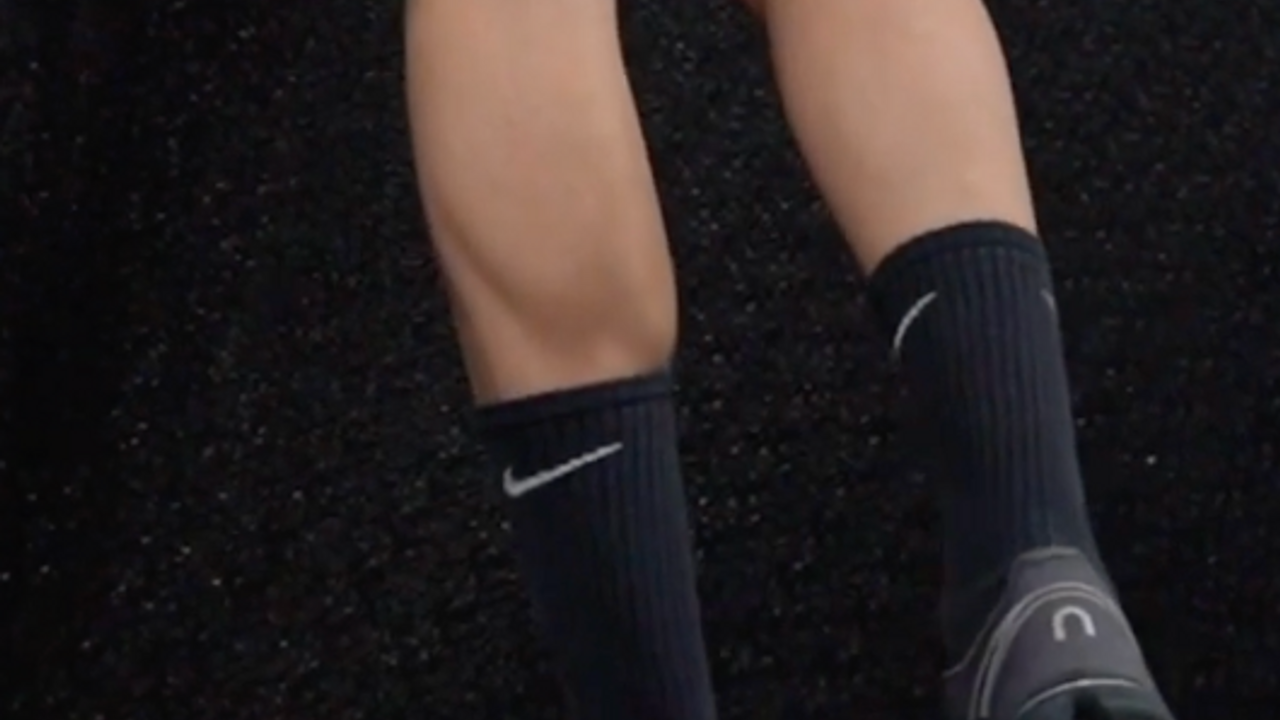Why are my Calves so Tight when Running?
Jun 13, 2022
Many health experts tell runners that they should be stretching their calf muscles regularly. Runners will notice that they may indeed have some tightness in their calf muscles, and these recommended
stretches may feel like it is something they need. Is this a normal adaptation for runners, or are tight calf muscles something we should avoid?
Stretch Shortening Cycle
We first need to understand what the stretch-shortening cycle is. Think of your calf complex like a rubber band - the more we pull apart the rubber band, the faster the recoil will be. Additionally, the
tightness of that rubber band will have an impact on the recoil as well. The tighter the rubber band is, the more forceful the recoil will be when we let it go.
We can imagine our calf complex in a similar manner. During the late stance phase of our gait cycle, we are actively stretching the calf complex into dorsiflexion. When we enter the push-off phase, we are
contracting our calf complex into plantar flexion to propel our leg forward into the swing phase of our gait cycle. What if we could use the elasticity of our calf muscles to help propel us in our push-off phase?
Elasticity
This is where elasticity and the stretch-shortening cycle come into play. Hypothetically, imagine if we had a lot of laxity in our calf muscles. We would be able to stretch and go into dorsiflexion
without much resistance.
Now on the other hand, we can imagine having very tight calf muscles. There would be a lot of natural resistance going into dorsiflexion, and it would be difficult to stretch the calf complex as our muscles would be naturally pulling us into plantarflexion. On the surface, it may not sound ideal to be this stiff, but this is actually the benefit of runners having tight calf muscles.
Running Economy
If we have tight calf muscles resisting us into dorsiflexion, the elasticity of these muscles, or the “recoil effect” of these muscles, will assist us in our push-off phase as we go from dorsiflexion to
plantarflexion. The tightness, or elasticity, of the calf complex will allow us to not need to actively contract our calf muscles as much to push off from the ground, leading to increases in energy-use efficiency and overall running economy.
In fact, studies have shown that passive stiffness of the plantar flexors is higher in endurance runners than untrained athletes, and these stiff plantar flexors lead to better running performance with a greater running economy. More specifically, passive stiffness in plantar flexors in endurance runners is correlated with a personal best 5k race time and more efficient energy cost during submaximal running.
Tightness in the calf complex may be more of an adaptation for runners as opposed to a compensation. It is normal for a runner to have tighter musculature, and considering the performance benefits
that come along with it, it may be something to think twice about before we get into habits of continually passively stretching it. However, it is important to consider that there is a fine line between what is “too tight” and what appropriate tightness may be. Our calf complex takes up to 6-8x our body weight in force with each step during our gait cycle. Considering this heavy repetitive load, calf
tightness can be associated with many overuse injuries that are common in endurance runners and athletes.
Bottom Line
If you are a healthy runner looking to continue to increase your performance, getting into a habit of consistently passively stretching your calf complex may decrease the performance benefits that come
with having high calf elasticity.
Written by Dr. Carmen Scuito
https://www.instagram.com/carmen.dpt/
Want more running content? Check out this video:
https://www.youtube.com/watch?v=mzTqcVkgsbA
Stay connected with news and updates!
Join our mailing list to receive the latest news and updates from our team.
Don't worry, your information will not be shared.
We hate SPAM. We will never sell your information, for any reason.

